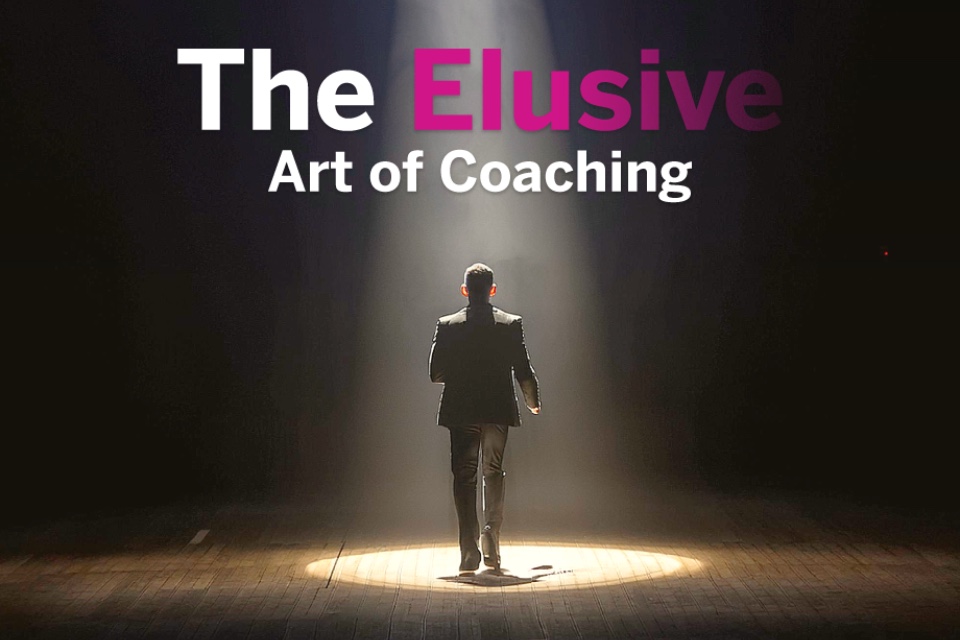There is a myriad of information about setting goals such as the SMART method.
These are good at teaching us logically how to break down a goal but what we can’t cater for is how a person will perform at implementing a goal task.
What happens if a presentation is key to a project and the person giving the presentation dreads standing up in front of a room full of people?
Managers, teams and salespeople all have goals, but sometimes the very human feeling of fear/anxiety can creep in when someone is charged with an undertaking which they’re not confident about. The important question is to ask why the hesitation appears and to fix this so that a person can overcome any fears they have about work to be done.
There is a lot of research showing that our foundational beliefs are formed between the ages of 0-7. As children, our minds act as a sponge, taking on the beliefs of our parents and carers. If people were told at a young age that they wouldn’t be successful, or that they were no good at doing certain things, that lodges in the brain and becomes a belief.
The problem is, because beliefs are stored at the subconscious level, we can’t usually access them. So people grow up not knowing that their beliefs are shaping what they can and can’t achieve.
Another pointer is a person’s self-talk. Is it negative, such as :
- I never succeed.
- I’m not good enough.
- I’m always clumsy.
- I always do/say the wrong thing.
Internal dialogue such as this will impact how someone approaches a goal, milestone and so on.
What are a person’s beliefs around cold calling or giving a presentation? Working on these and reframing them to be positive is a huge step in a person being confident about performing these activities. It could be a feeling of rejection every time they make a call which isn’t successful, or being judged in some way by standing in front of people. Once a person can discover these reasons, they can start to overcome them.
The good news is that we are never too old to change our beliefs and thinking. Research is showing that the brain’s plasticity never decreases, i.e. our capacity to create new ways of thinking is always on, no matter our age.
At EnlightOne, we have a course specifically tailored to help people discover their limiting beliefs and techniques on how to remove and reframe them to something positive.
Ultimately, a person’s beliefs play a huge part in what they think they can achieve at work. It’s important that a business understands this and helps its employees reach their full potential by starting to address what holds them back.
Author Bio. – Dr Malti Patel has a PhD in Artificial Intelligence, training in Neuro-Linguistic Programming (NLP) and has been practising Mindfulness Meditation for over 10 years. Her company EnlightOneprovides training to help businesses ensure the wellbeing of their employees. Please email enightone888@gmail.comfor more details.






